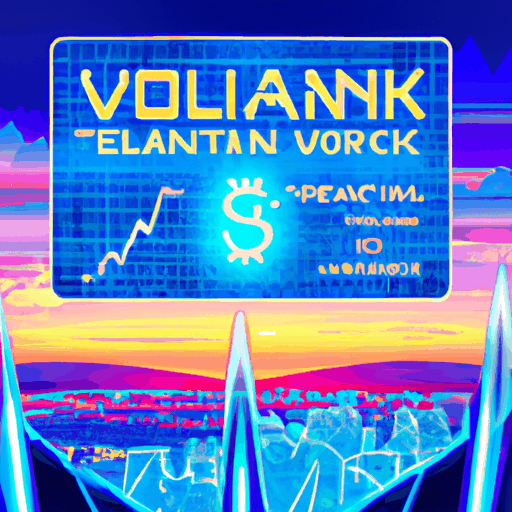
VanEck Introduces Staking Rewards for Solana ETN Investors in Europe
By: Eva Baxter
In a strategic move to broaden its offerings in the European market, VanEck, a prominent asset management firm, has announced the introduction of staking rewards for its Solana-based exchange-traded note (ETN), known as VSOL. This development provides European investors with an innovative way to gain passive income from their holdings, enhancing the product's attractiveness in the competitive crypto finance space.
The announcement was confirmed by Matthew Sigel, VanEck's head of digital asset research, on October 21. Sigel detailed that the recently incorporated staking mechanism will allow investors to earn rewards that will be seamlessly integrated into the daily net asset value (NAV) of the ETN. These rewards will automatically bolster the equity of the VSOL token, thus positively impacting its daily terminal value without requiring any additional action from investors. This move demonstrates VanEck's commitment to optimized investor outcomes as part of their crypto ETN strategy.
VSOL was launched in September 2021 on the Deutsche Börse, aiming at providing easy access to Solana's promising blockchain technology. As of October 18, the ETN has accumulated assets under management (AUM) of $73.8 million. Investors will receive 75% of the gross staking rewards after a 25% deduction for VanEck’s staking fee. This fee structure highlights the firm’s thoughtful approach to ensuring transparent and attractive returns for its client base. According to VanEck’s official site, the shares are priced around €8.229 ($8.93), with the NAV being approximately $8.21.
Uniquely, VanEck has employed a fully non-custodial staking approach. This ensures that the staked assets remain under the custodian's control, minimizing lending risks while preserving investor confidence. The funds management process involves delegation to validator nodes managed by a third-party provider, ensuring the SOL tokens' security in cold storage. Sigel also suggested that future advancements might include leveraging liquid staking tokens like jitoSOL, although current practices focus on an internal risk model to maintain liquidity for redemptions.



